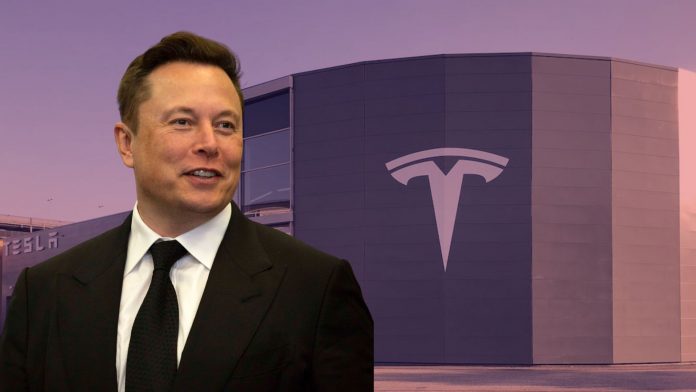After months of negotiations with Ford, GM, and Stellantis over new worker contracts, the UAW began its first wave of targeted strikes last week. The Detroit 3 are adamant that giving in to the union’s requests for 40% pay raises and shorter work weeks would be disastrous for their labor expenditures.
Only three final assembly factories in Michigan, Ohio, and Missouri have seen the UAW strike thus far. According to estimates from Deutsche Bank, this targeted work stoppage is costing the union about $6.5 million per week, leaving plenty in its $825 million strike fund coffers should the union decide to extend the strike as negotiations heat up.
The hourly labor costs for the Detroit 3 may more than double to $136 an hour if the UAW gets its way on pay raises and other issues, including resurrecting pensions, according to a Wells Fargo assessment. Furthermore, an analyst has described the UAW strike as “a potential nightmare situation for GM and Ford” as Detroit seeks to assume a more prominent leadership position in the automotive industry’s transition to EVs
The automakers always aim to stay “competitive” with other businesses that do not employ union labor going into their quadrennial contract negotiations with the UAW. Historically, foreign automakers like Toyota and Honda have been the focus of this competitiveness, but Tesla has taken the lead in the current round of negotiations.
Tesla has already demonstrated greater pricing flexibility this year, sparking a price war that has reduced the value of unprofitable EVs like Ford’s Mustang Mach-E. Meanwhile, Tesla has consistently generated good profits while repeatedly cutting prices.
Analysts predict that any increase in labor expenses for Ford and GM will undoubtedly result in higher prices for their EVs, thus delaying the segment’s path to profitability.







